Historical Features
Forum home - Go back to Historical Features
|
VTVM
|
|
|
« Back ·
1 ·
Next »
|
|
|
Return to top of page · Post #: 1 · Written at 9:44:22 PM on 24 October 2017.
|
|
|
|
Location: Linton, VIC
Member since 30 December 2016 Member #: 2028 Postcount: 472 |
|
Good evening, 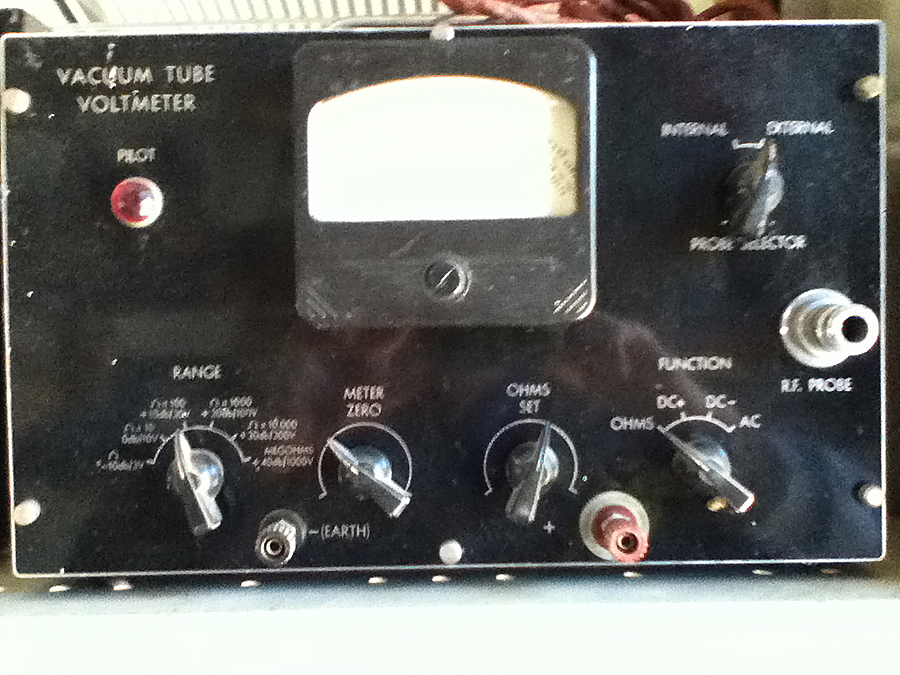 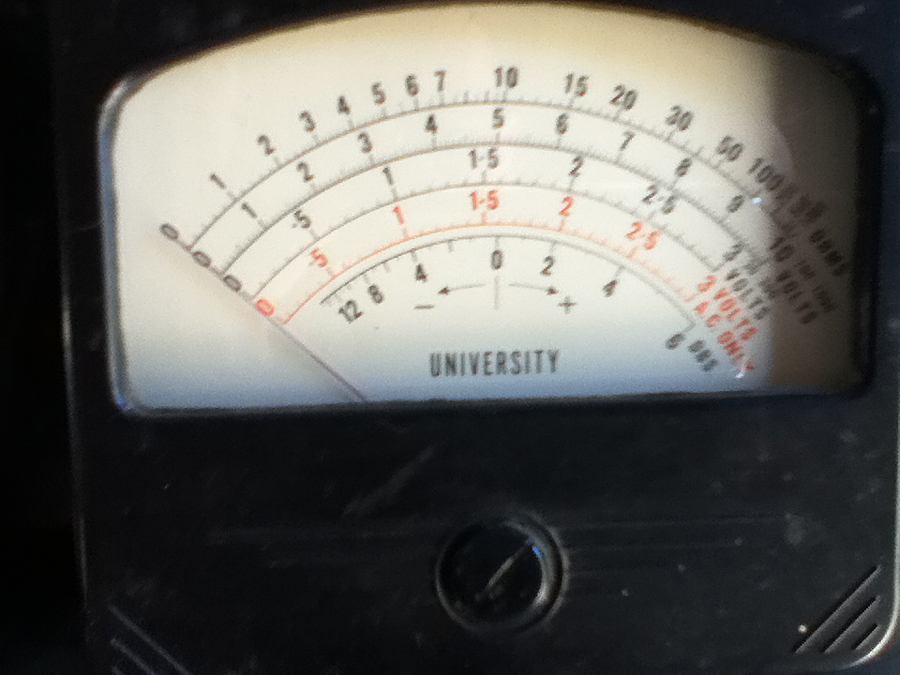 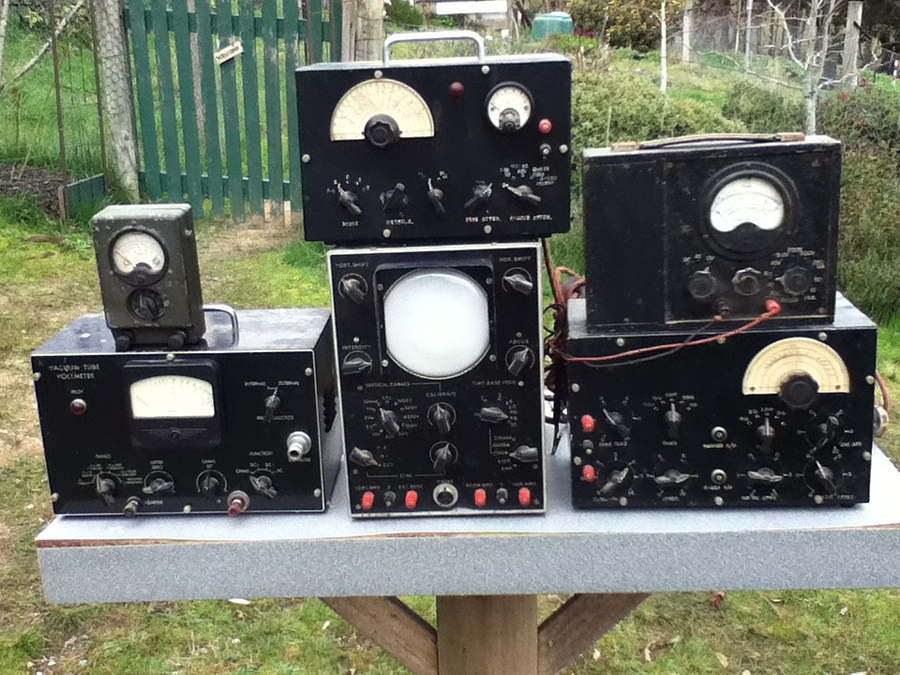 |
|
|
Return to top of page · Post #: 2 · Written at 3:02:25 AM on 25 October 2017.
|
|
|
|
Location: Sydney, NSW
Member since 28 January 2011 Member #: 823 Postcount: 6929 |
|
May be a project from Radio Television and Hobbies. |
|
|
Return to top of page · Post #: 3 · Written at 7:48:44 PM on 1 November 2017.
|
|
|
|
Location: Linton, VIC
Member since 30 December 2016 Member #: 2028 Postcount: 472 |
|
I have taken off the cover from the VTVM and have found it in excellent condition. Very clean, beautiful workmanship. |
|
|
Return to top of page · Post #: 4 · Written at 8:57:21 PM on 1 November 2017.
|
|
|
|
Location: Cameron Park, NSW
Member since 5 November 2010 Member #: 770 Postcount: 426 |
|
University Graham Instruments were made in Sydney, with a few locations, one in Broadway, near City Road, also in York Street. |
|
|
Return to top of page · Post #: 5 · Written at 10:11:03 PM on 1 November 2017.
|
|
|
|
Location: Linton, VIC
Member since 30 December 2016 Member #: 2028 Postcount: 472 |
|
Thank you Harold, 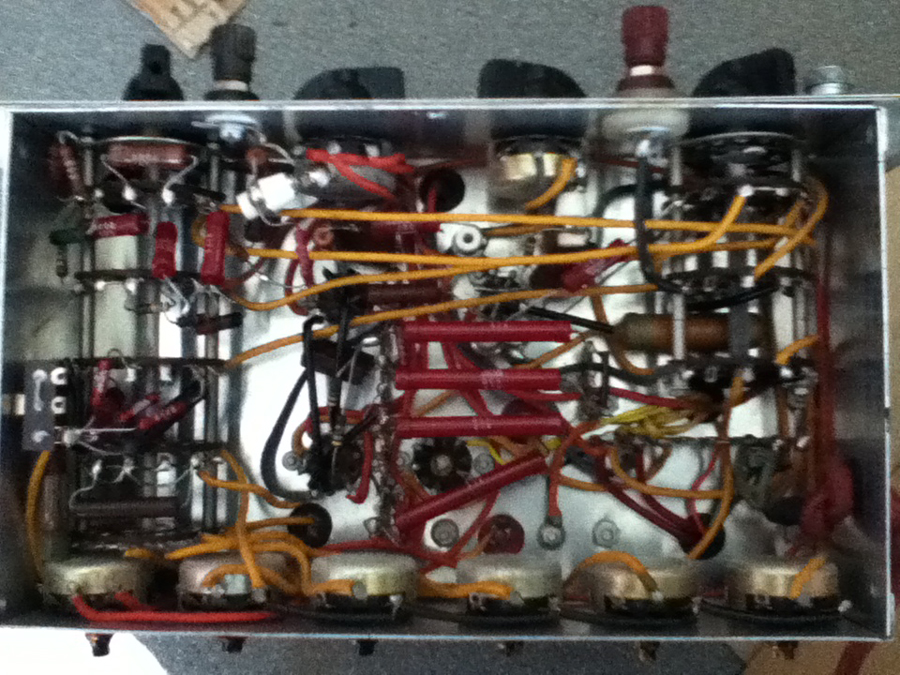 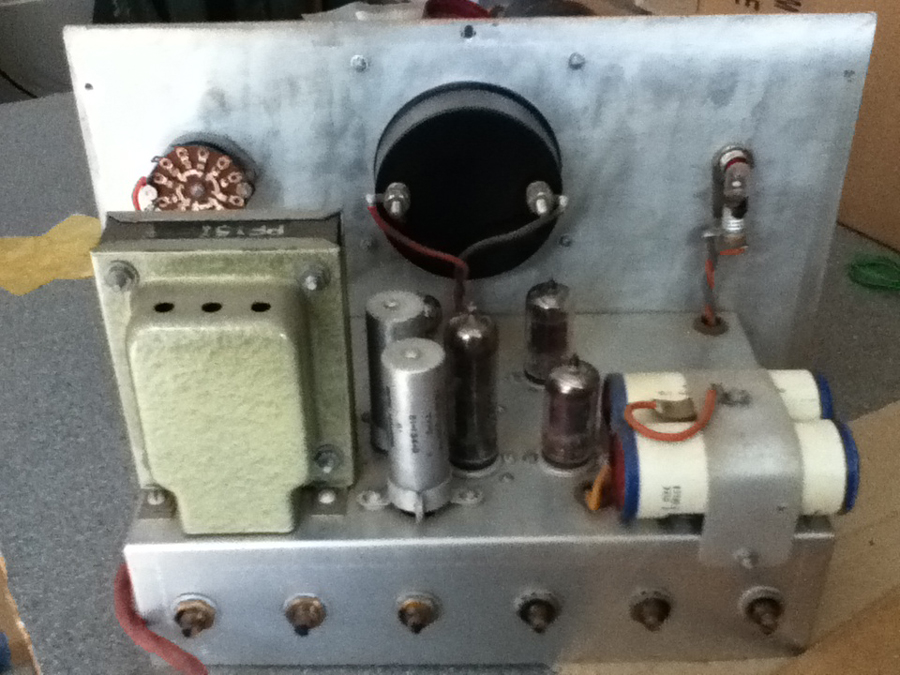 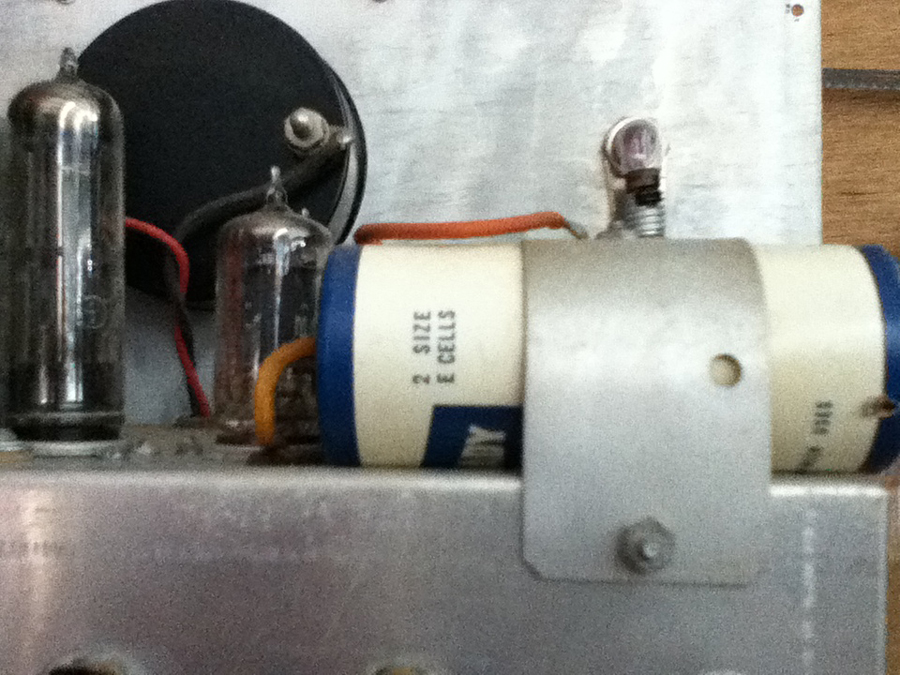 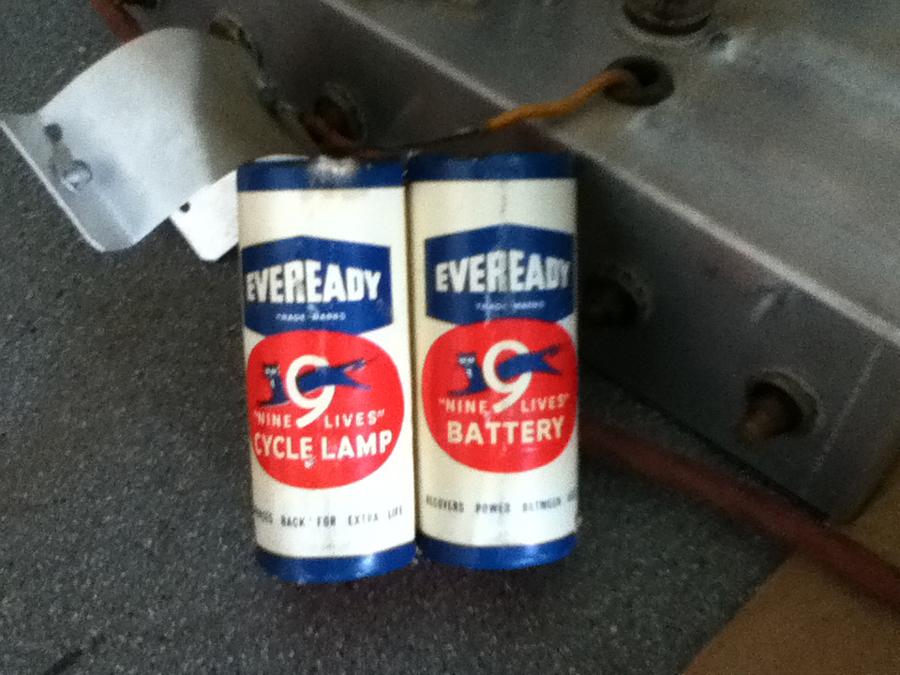 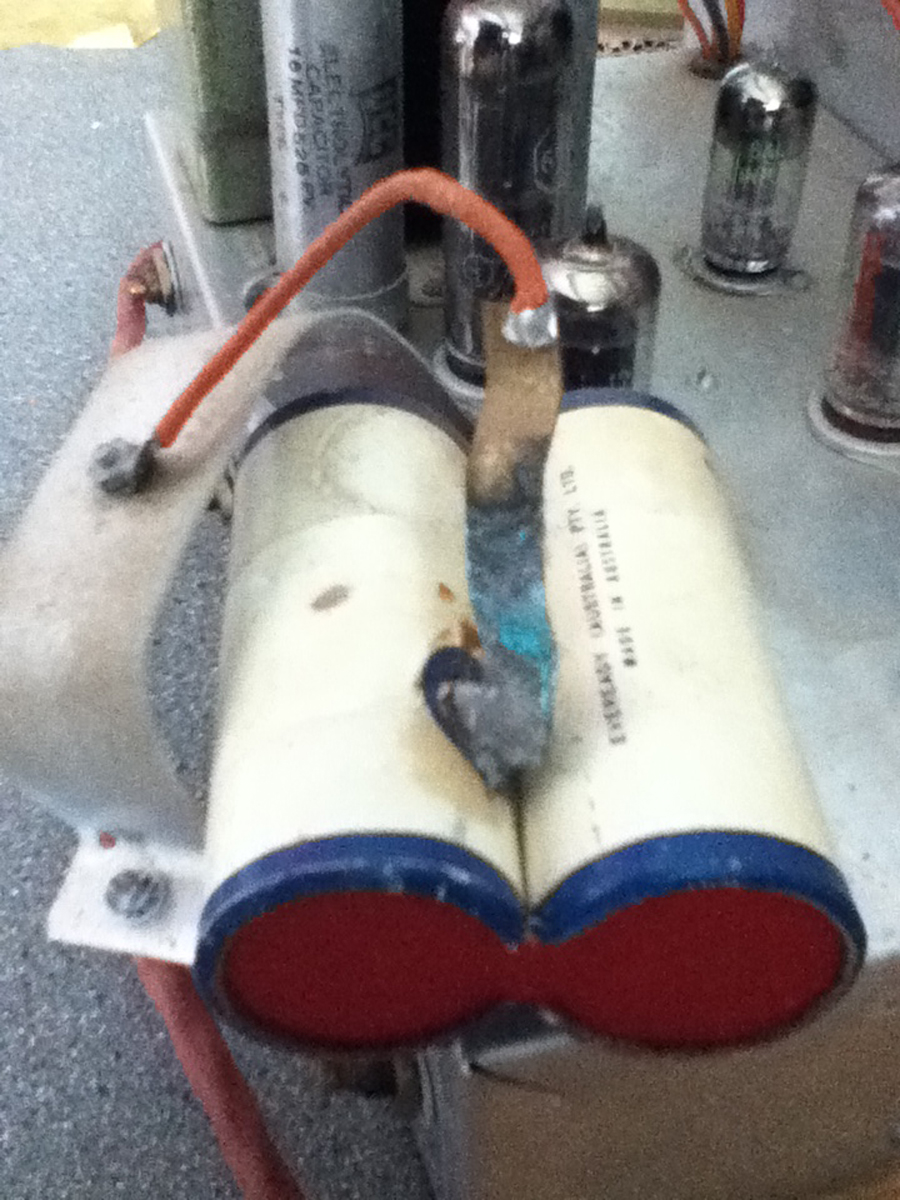 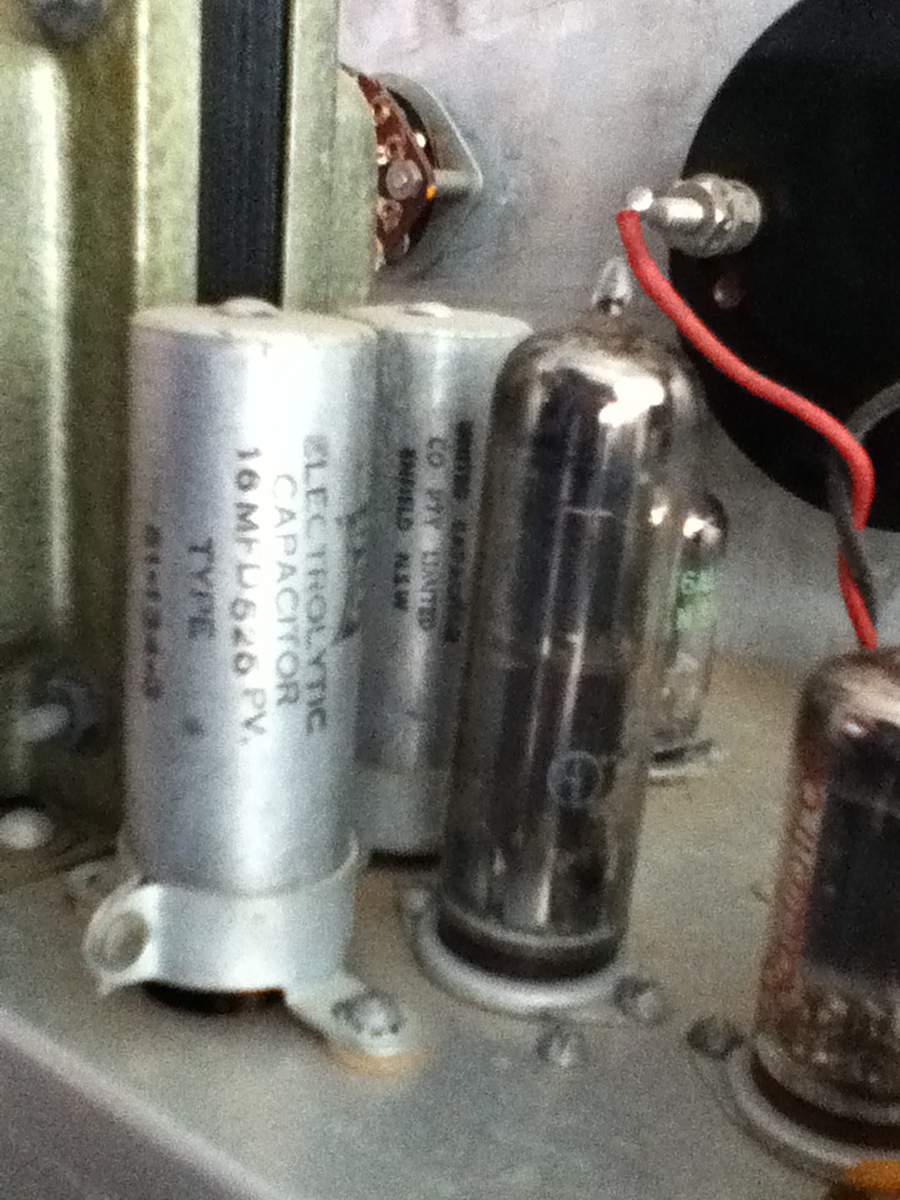 |
|
|
Return to top of page · Post #: 6 · Written at 11:09:54 PM on 1 November 2017.
|
|
|
|
Administrator
Location: Naremburn, NSW
Member since 15 November 2005 Member #: 1 Postcount: 7605 |
|
Photos uploaded to Post 5. ‾‾‾‾‾‾‾‾‾‾‾‾‾‾‾‾‾‾‾‾‾‾‾‾‾‾‾‾‾‾‾‾‾‾‾‾‾‾‾‾‾‾‾‾‾‾‾‾‾‾‾‾‾‾‾‾‾‾‾‾‾‾‾‾‾‾‾‾ A valve a day keeps the transistor away... |
|
|
Return to top of page · Post #: 7 · Written at 1:11:16 AM on 2 November 2017.
|
|
|
|
Location: Sydney, NSW
Member since 28 January 2011 Member #: 823 Postcount: 6929 |
|
It's been quite a while since I saw one of those cycle batteries in the flesh. You are lucky that it hasn't corroded all over the place. |
|
|
Return to top of page · Post #: 8 · Written at 8:39:37 AM on 2 November 2017.
|
|
|
|
Location: Linton, VIC
Member since 30 December 2016 Member #: 2028 Postcount: 472 |
|
Some good leads for me to follow up and hopefully find out more about this historical beauty. |
|
|
Return to top of page · Post #: 9 · Written at 1:07:15 PM on 2 November 2017.
|
|
|
|
Location: Sydney, NSW
Member since 28 January 2011 Member #: 823 Postcount: 6929 |
|
I fixed up my wee hours post. I meant to say filament supply, not DC rail. Simple circuit comprising a diode and a LM317L regulator. |
|
|
Return to top of page · Post #: 10 · Written at 1:52:56 PM on 2 November 2017.
|
|
|
|
Location: Linton, VIC
Member since 30 December 2016 Member #: 2028 Postcount: 472 |
|
No worries, |
|
|
« Back ·
1 ·
Next »
|
|
|
You need to be a member to post comments on this forum.
|
|

Sign In

Vintage Radio and Television is proudly brought to you by an era where things were built with pride and made to last.
DISCLAIMER: Valve radios and televisions contain voltages that can deliver lethal shocks. You should not attempt to work on a valve radio or other electrical appliances unless you know exactly what you are doing and have gained some experience with electronics and working around high voltages. The owner, administrators and staff of Vintage Radio & Television will accept no liability for any damage, injury or loss of life that comes as a result of your use or mis-use of information on this website. Please read our Safety Warning before using this website.
WARNING: Under no circumstances should you ever apply power to a vintage radio, television or other electrical appliance you have acquired without first having it checked and serviced by an experienced person. Also, at no time should any appliance be connected to an electricity supply if the power cord is damaged. If in doubt, do not apply power.
Shintara - Keepin' It Real · VileSilencer - Maintain The Rage
